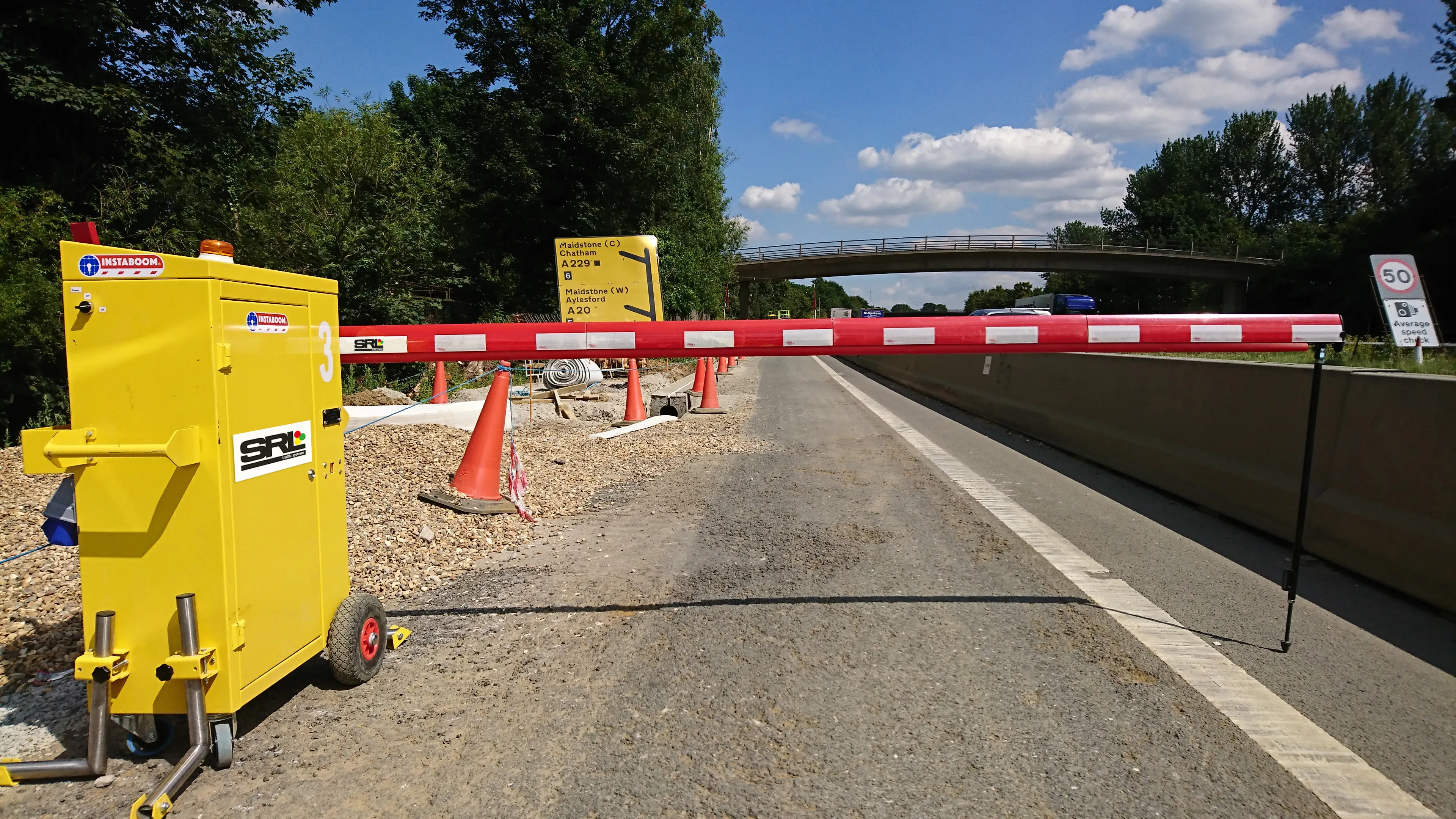
Vehicle counting and travel time determination is said to be easier and more accurate using
According to the Netherlands-based company's UK importer Rennicks, only 10% of mobile phone owners have Bluetooth activated whereas most have the Wi-Fi switched on leading to a hit rate of 98% which increase accuracy and granularity while maintaining the anonymity of a non-ANPR system. It is also said to be around half the cost of an ANPR system and to require almost zero maintenance.
Algorithms in the system are said to filter out multiple signals from transit users and other anomalies, it can be configured to signal an alert if the traffic speed drops below a pre-determined figure and road workers can be provided with tags to track their whereabouts. The system can be mains or solar powered while for temporary installation battery powered versions are available.










